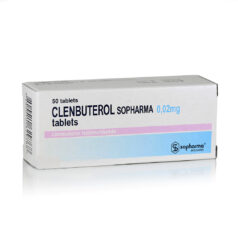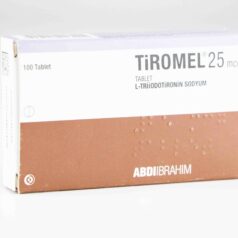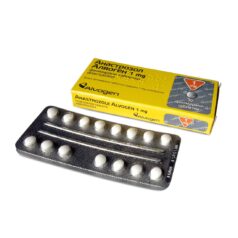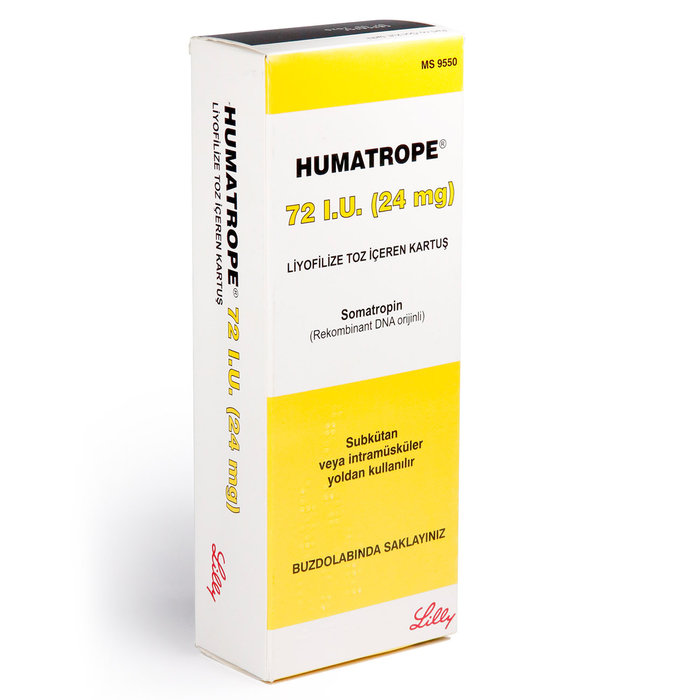Exemestane is a synthetic androgen analogue. It’s is a steroidal inhibitor of aromatase which binds irreversibly to and inhibits the enzyme aromatase, thereby blocking the conversion of cholesterol to pregnenolone and the peripheral aromatization of androgenic precursors into estrogens.
Exemestane has been associated with a low rate of serum enzyme elevations during therapy and rare instances of clinically apparent liver injury.
This medication is used to treat certain types of breast cancer (such as hormone-receptor-positive breast cancer) in women after menopause. Exemestane is also used to help prevent the cancer from returning. Some breast cancers are made to grow faster by a natural hormone called estrogen. Exemestane decreases the amount of estrogen the body makes and helps to slow or reverse the growth of these breast cancers. Exemestane is usually not used in women of childbearing age.
Exemestane is usually taken once a day after a meal. Take Exemestane at around the same time every day. You may need to take Exemestane for several years or longer. Continue to take Exemestane even if you feel well. Do not stop taking Exemestane without talking to your doctor.
Effect On Estrogens
Plasma estrogen (estradiol, estrone, and estrone sulfate) suppression is seen starting at a 5-mg daily dose of Exemestane, with a maximum suppression of at least 85% to 95% achieved at a 25-mg dose. Exemestane 25 mg daily reduces whole body aromatization (as measured by injecting radiolabeled androstenedione) by 98% in postmenopausal women with breast cancer. After a single dose of Exemestane 25 mg, the maximal suppression of circulating estrogens occurres 2 to 3 days after dosing and persisted for 4 to 5 days.
Effect On Corticosteroids
In multiple-dose trials of doses up to 200 mg daily, Exemestane selectivity was assessed by examining its effect on adrenal steroids. Exemestane did not affect cortisol or aldosterone secretion at baseline or in response to ACTH at any dose. Thus, no glucocorticoid or mineralocorticoid replacement therapy is necessary with Exemestane treatment.
Other Endocrine Effects
Exemestane does not bind significantly to steroidal receptors, except for a slight affinity for the androgen receptor (0.28% relative to dihydrotestosterone). The binding affinity of its 17dihydrometabolite for the androgen receptor, however, is 100 times that of the parent compound.
Daily doses of Exemestane up to 25 mg had no significant effect on circulating levels of androstenedione, dehydroepiandrosterone sulfate, or 17-hydroxyprogesterone, and were associated with small decreases in circulating levels of testosterone.
Increases in testosterone and androstenedione levels have been observed at daily doses of 200 mg or more. A dose-dependent decrease in sex hormone binding globulin (SHBG) has been observed with daily Exemestane doses of 2.5 mg or higher.
Slight, nondose-dependent increases in serum luteinizing hormone (LH) and follicle-stimulating hormone (FSH) levels have been observed even at low doses as a consequence of feedback at the pituitary level. Exemestane 25 mg daily had no significant effect on thyroid function [free triiodothyronine (FT3), free thyroxine (FT4), and thyroid stimulating hormone (TSH).
Absorption
Exemestane is distributed extensively into tissues. Exemestane is 90% bound to plasma proteins and the fraction bound is independent of the total concentration. Albumin and α11-acid glycoprotein both contribute to the binding. The distribution of Exemestane and its metabolites into blood cells is negligible.
Metabolism
Exemestane is extensively metabolized. The initial steps in the metabolism of Exemestane are oxidation of the methylene group in position 6 and reduction of the 17-keto group with subsequent formation of many secondary metabolites.
Each metabolite accounts only for a limited amount of drug-related material. The metabolites are inactive or inhibit aromatase with decreased potency compared with the parent drug. One metabolite may have androgenic activity [see Pharmacodynamics]. Studies using human liver preparations indicate that cytochrome P 450 3A4 (CYP 3A4) is the principal isoenzyme involved in the oxidation of Exemestane. Exemestane is metabolized also by aldoketoreductases.






Reviews
There are no reviews yet.